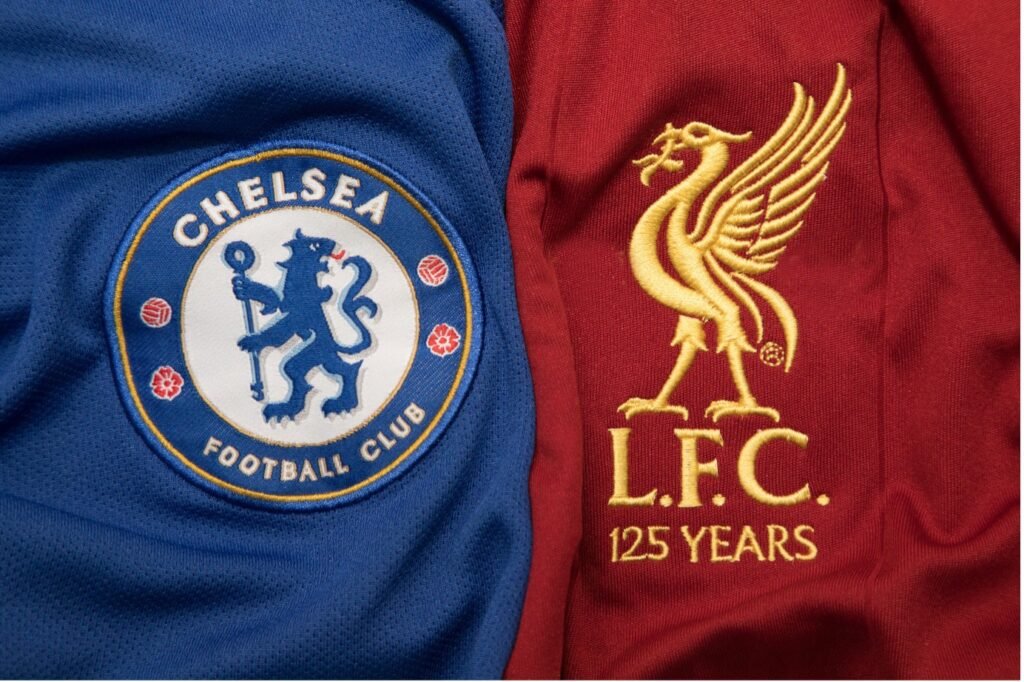
It’s hard to believe that the legendary rivalry between Rafael Benítez and José Mourinho is over 15 years old now. While both are arguably past their glory years as far as major honours are concerned, there was a time where the pair were massive rivals, competing for domestic and European honours — both capable of beating each other on the right day, and always unpredictable in terms of football betting.
When he arrived at Chelsea in the summer of 2004, Mourinho was the talk of the town. Arriving as the current European champion with Porto, his brash confidence and sizeable transfer warchest excelled Chelsea to the brink of the title even by February, but the first of his honours was the 2005 League Cup against Liverpool.
The Reds would eventually get the last laugh when a fatigued Chelsea side, fresh off lifting the league title, were beaten by Luis García’s ghost goal at Anfield, en route to Liverpool’s miracle in Istanbul. However, the first battle of the war was in Cardiff, and it would end with the trophy ribbons entwined with blue — as the pair meet again for the 2022 final, here’s another look at their 2005 League Cup encounter.
It would take just 46 seconds for the game to be blown into life when John Arne Riise’s powerful left-footed volley gave Liverpool the ascendancy, something that came as a shock to Chelsea, especially considering this was a defence that would set the Premier League record for the least goals conceded in one season — the ball breaching Petr Čech’s posts just 15 times all season.
The red end of the Millennium Stadium went into delirium, and Liverpool continued an onslaught of chances, with Harry Kewell and fresh loanee Fernando Morientes having far too much time on the ball. As half-time approached, many wondered if Liverpool could find that elusive second goal as Chelsea had developed a reputation for late drama. It never came and the Blues escaped a torrid first half where they struggled to really grasp possession as they would do throughout the campaign. Alas, the resilience of Mourinho’s men was tested once again and like a moth to a flame they followed his instructions attentively, persisting with a more direct approach which eventually found its mark.
There is a bittersweet irony about the Chelsea equaliser. Steven Gerrard, the Liverpool captain, would spend the summer of 2005 grappling with his morale compass. Chelsea had come calling after a string of impressive performances that January, and there was no hiding that he dominated the majority of pre match discussion. So, when he committed his future to Liverpool until at least the end of the season ahead of the cup final, it had to be the skipper that would mistime a 79th-minute headed clearance from a looping Paulo Ferreira ball that would deflect into the back of his own net. “Many believe he’s just scored his first of many goals for Chelsea” were the famous words of Peter Drury in broadcasting. 1-1 — extra time beckoned.
To say the additional 30 minutes that followed were unconventional for a League Cup final would be a gross understatement. Chelsea continued to plug away at a tiring Liverpool defence and eventually found the mark in the 107th minute. Didier Drogba — the man for the big moment, grabbing his first of several cup final goals in west London Blue.
Five minutes later, Mateja Kežman, the forgotten man at Stamford Bridge, doubled the lead and Mourinho, beyond pantomime villain and now antagonising nemesis, ran down the touchline finger to lips as if to silence the Liverpool faithful who had travelled down from Merseyside to the Millennium.
Antonio Núñez’s goal a minute later was merely a consolation as the quick-fire double from Chelsea had inflicted too much damage to come back from. The trophy would go to Chelsea and as John Terry gratuitously smirked with his Portuguese manager whilst raising the cup aloft a blacked-out podium, Gerrard and his team could only watch on — painstakingly unaware their paths would cross again just a few months later, winning the one trophy that would allude Mourinho throughout his Chelsea tenure.



